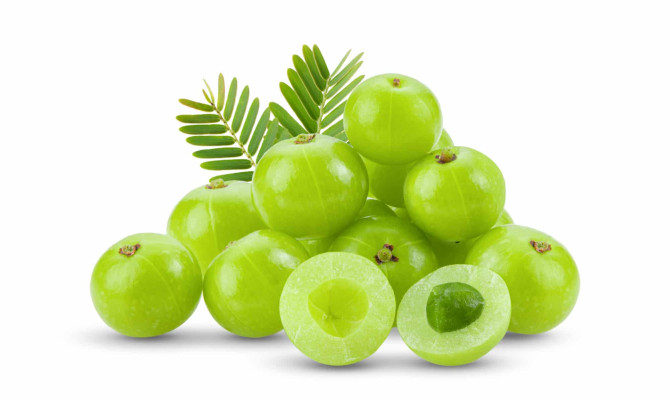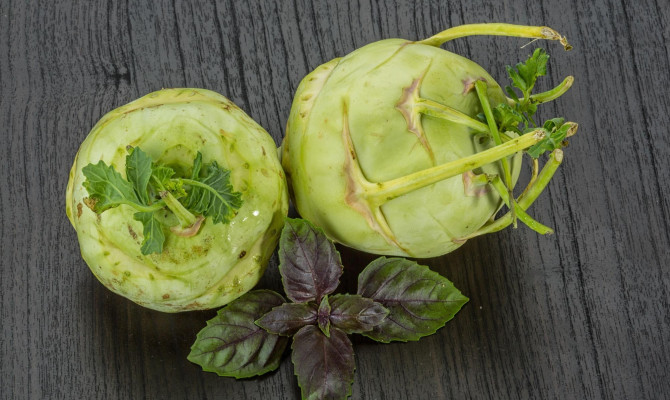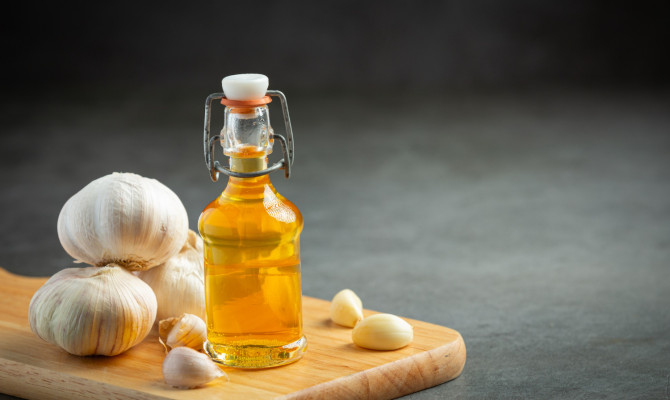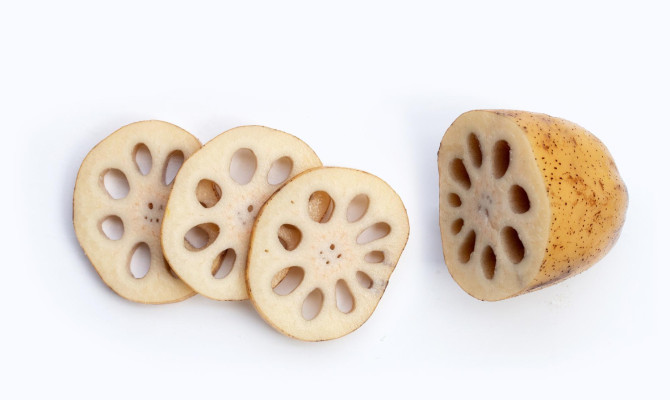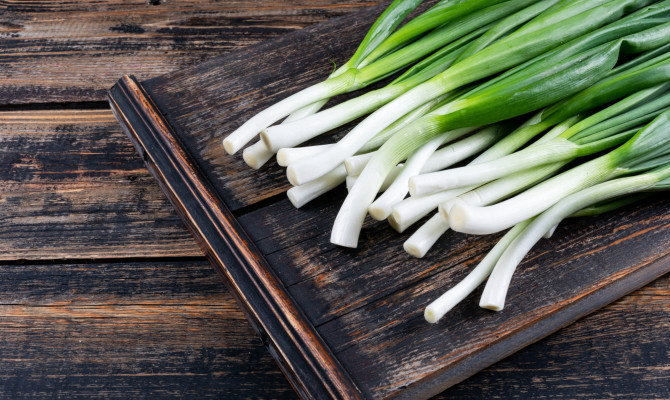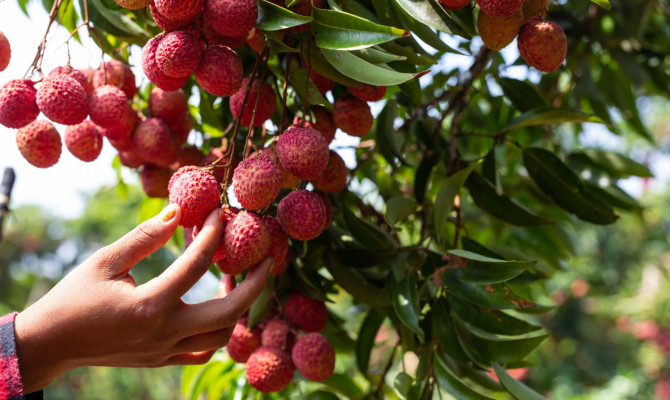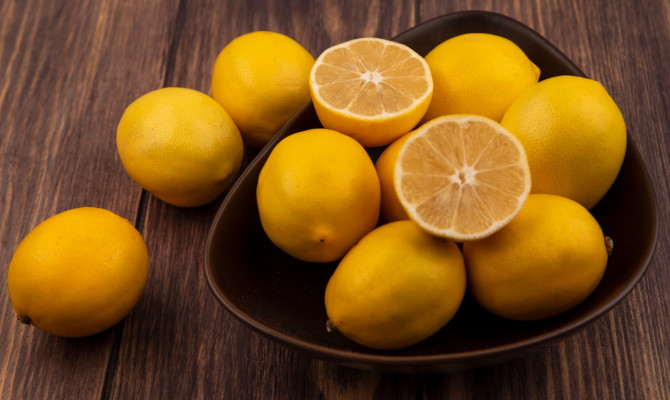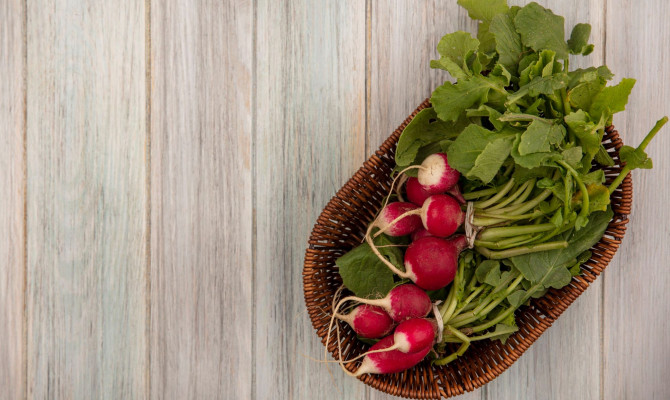Does Drinking Tea For Nausea Work? Best Teas For Nausea

- Tea
- 15 Sep 2023
Introduction
Tea for upset stomach
A hot cup of tea is one of the best things you can do to settle an upset stomach, especially if you’re feeling nauseated. Intense stomach pain and the desire to vomit are symptoms of nausea. Studies have shown that various teas can relieve nausea brought on by a variety of conditions such as chemotherapy, pregnancy, and/or pregnancy-related motion sickness. If you experience nausea for several days or longer, especially if you don’t know the cause, schedule an appointment to see your doctor. However, if a cause is known such as pregnancy, or motion sickness, drinking a cup of hot herbal tea is the best way to alleviate nausea. 1Introduction | Researched based study from Health Direct , 2Introduction | Researched based study from Nutra Tea
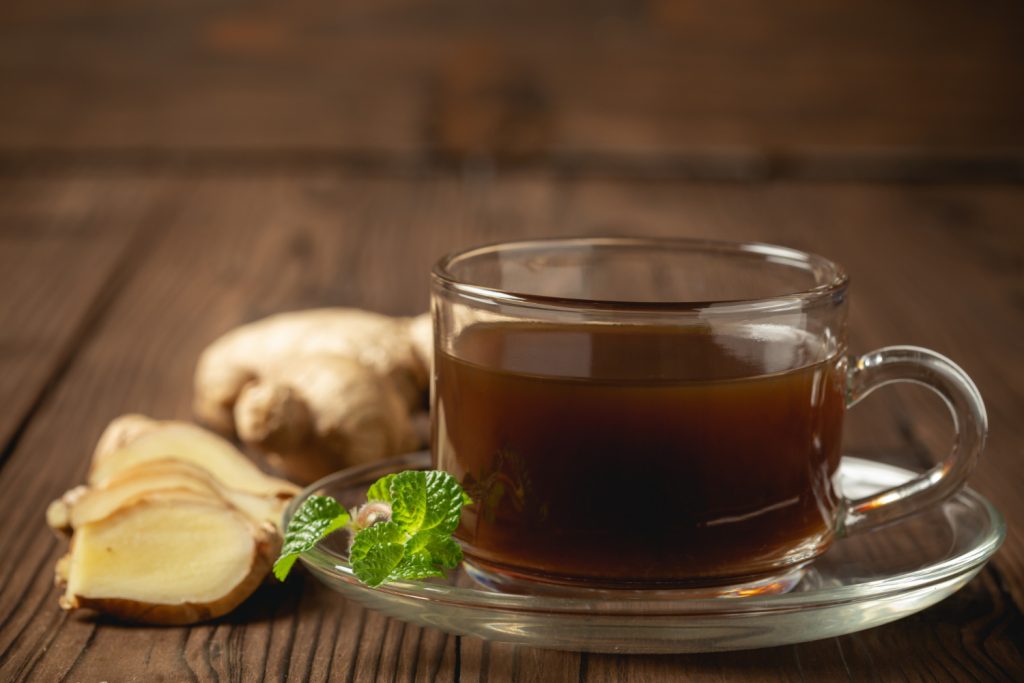
All About Nausea
What is Nausea & Why does it occur?
The sensation of nausea is what you experience when you believe you are going to throw up. It’s usually a symptom or something you feel, rather than a sign of significant illness.
- Gastritis – It frequently occurs before you vomit due to gastritis (inflammation of the stomach lining), or due to an ulcer after having food.
- Food poisoning – If you start feeling sick 1 to 8 hours after having food, you may experience food poisoning with nausea.
- Pregnancy – The first trimester (12 weeks of pregnancy) is when the majority of women who are pregnant feel nauseated which may occasionally last into the second trimester period.
Other factors that can trigger nausea include:
- Intense pain
- Stress
- Migraine
- Motion sickness
- Drinking excess alcohol. 1All about Nausea | Researched based study from Health Direct
Diagnosis
- The cornerstone of evaluating individuals whose primary symptom is nausea is by collecting a thorough history and performing a physical examination.
- It is possible to rule out non-gastrointestinal causes of nausea, such as central nervous system (CNS), endocrinological, and psychiatric disorders, by taking a medical history and performing an adequate physical examination.
- The key to diagnosing a patient with nausea is determining the reason for the symptoms. If a cause is not found, then therapy should be aimed at suppressing the symptom. 3Diagnosis| Researched based study from National Library of Medicine
How is nausea managed?
- Taking little sips of herbal tea, or water is the best way to treat nausea.
- Drinks that are frozen or ice cold can also help to alleviate nausea.
- Occasionally, snacking on some ginger or dry cracker cookies can make you feel better.
- Amongst all home remedies, sipping tea is the most effective way to manage nausea. 1All about Nausea| Researched based study from Health Direct
How can nausea be prevented?
- Avoid triggers of nausea, such as intense scents, and/or fatty/spicy foods if you frequently experience nausea.
- Try to eat when you don’t feel nauseous and avoid staying without food.
- While your food is being digested, eat small meals and then take a nap with your head raised.
- It’s crucial to continue drinking fluids because losing water will just make you feel nauseous.
- Drink often in small sips and make an effort to eat and drink at different times.
- Rest as much as you can; don’t leap from bed or stand up too quickly. 1All about Nausea| Researched based study from Health Direct
Tea for Nausea
Does tea help with nausea?
- All teas have a long range of health advantages that make them far more than just a soothing beverage.
- Whatever your ailment, there is bound to be a tea that delivers the dosage you require, from tea that soothes the nerves to tea that reduces stomach troubles. The same goes for getting over sickness.
- Some teas can relieve nausea by calming an upset stomach, relaxing the muscles in the digestive tract, assisting with irritable bowel syndrome, and reducing gas, heartburn, and discomfort, especially ginger herb tea.
- Some teas not only lessen the unpleasant sensations associated with nausea but also treat the underlying cause as well.
- Hence, opt for teas that are light, herbal, caffeine-free, packed with medicinal properties, and have delicate flavors. 4Tea for Nausea| Researched based study from National Library of Medicine
Herbal vs. Non Herbal Tea
Distinctions between Herbal & Non-Herbal tea
Teas come in two varieties:
- Non-herbal tea
- Herbal tea
Non-herbal tea
- Three categories of non-herbal teas can be distinguished which are black, green, and oolong tea, respectively.
- The most popular non-herbal tea is black tea, which includes mixes like English breakfast, Earl Grey, and Orange Pekoe.
- Oolong tea is a blend of green and black tea which has a more delicate flavor than black tea.
- Non-herbal teas are typically produced from the leaves of tea plants which includes varied quantities of caffeine and antioxidants.
- The amount of caffeine in tea increases with the amount of time the leaf spends oxidizing (fermenting) which varies depending on the brewing time, leaf size, and the variety of leaf.
Herbal tea
- Herbal teas are made with natural ingredients from a variety of plant morphological parts, including leaves, stems, roots, fruits, buds, and flowers.
- These parts are rich in natural bioactive compounds such as carotenoids, phenolic acids, or flavonoids.
- According to scientific studies, these bioactive chemicals have a wide range of biological effects such as anti-oxidant, anti-bacterial, anti-viral, anti-inflammatory, anti-allergic, antithrombotic, and vasodilatory action, as well as actions that are anti-mutagenic, anti-carcinogenic, and anti-aging.
- True herbal teas are primarily used as medicines that do not include caffeine and come in various types such as ginger tea, chamomile tea, peppermint tea, liquorice root tea, raspberry tea, and/or fennel tea. 5Herbal Vs. Non Herbal Tea| Researched based study from National Library of Medicine ,6Herbal Vs. Non Herbal Tea| Researched based study from American Pregnancy Association
Best Herbal Teas
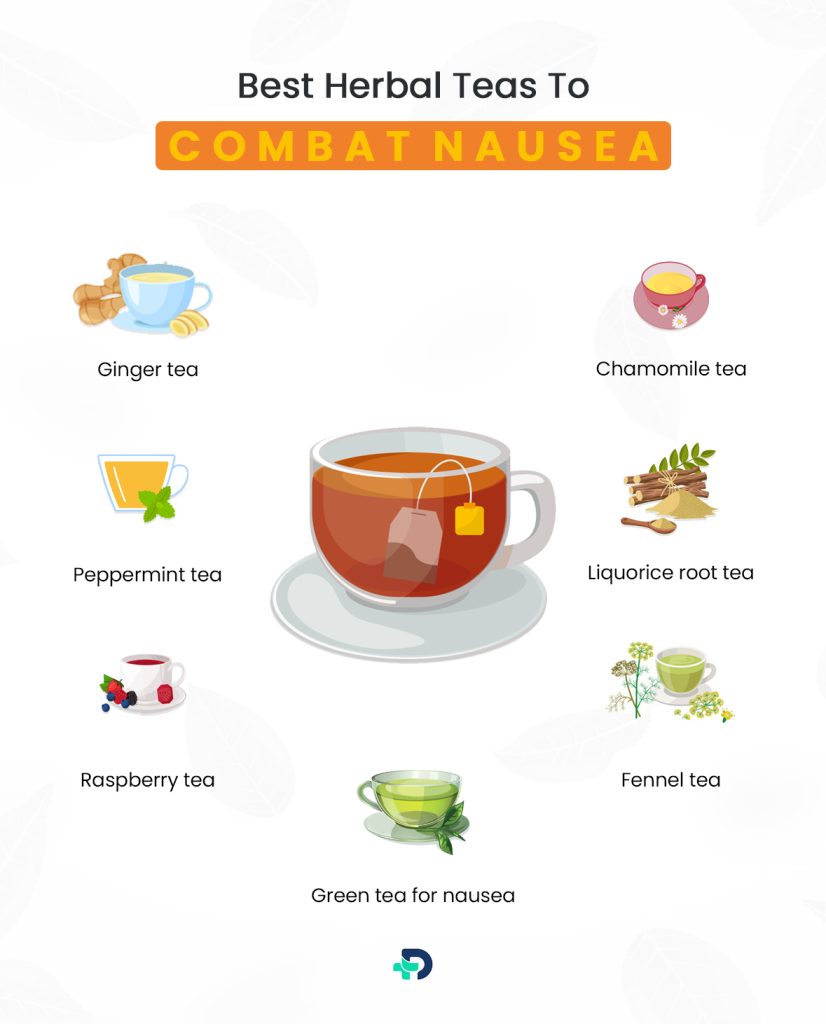
Best herbal teas to combat nausea
The below list of herbal teas should provide you with some ideas for what to try the next time if you feel nauseated which includes
- Ginger tea
- Chamomile tea
- Peppermint tea
- Liquorice root tea
- Raspberry tea
- Fennel tea
Ginger tea
- One of the most popular herbal treatments for nausea is ginger tea, which is frequently suggested to pregnant women experiencing nausea.
- Ginger is a plant that is native to Southeast Asia and is a member of the Zingiberaceae family.
- For hundreds of years, Asians have utilized ginger as a medication to cure a variety of diseases.
- This includes drinking ginger tea, among other forms. Ginger helps to increase healthy aging, lower morbidity, and increase healthy lifespan, as per research.
- It is a well-known natural substance with qualities that have been shown to include antioxidant, anti-inflammatory, anticancer, and antibacterial properties, as well as exceptional antiviral activity due to the high concentration of antiviral components.
For patients on chemotherapy experiencing nausea and vomiting:
- Nausea and vomiting are the adverse effects that happen most frequently to chemotherapy patients.
- The treatment success rate is inadequate despite the advent of efficient pharmacological and antineoplastic combination therapy in recent years to manage nausea.
- The management of chemotherapy-induced nausea and vomiting (CINV) has been the subject of several research which led to the discovery that ginger extract is more effective at preventing acute nausea and vomiting in chemotherapy patients when ginger supplementation was given at a maximum dose of 1 g for more than 3 days beginning on the first day of chemotherapy.
Chamomile tea
- Tea made from chamomile flowers has been used to treat a number of gastrointestinal problems, including flatulence, indigestion, diarrhoea, anorexia, motion sickness, nausea, and vomiting in those who are affected.
- It has been used mainly for its anti-inflammatory, antioxidant, and mild astringent properties which is considered to be more effective than ginger tea in treating nausea.
- It works by relaxing the muscles in the digestive tract which though helpful in reducing nausea during pregnancy, it is best to speak with a doctor before consuming it since it may cause some unfavorable effects on expectant mothers.
Peppermint tea
- Peppermint, which has been used for hundreds of years to calm digestive disorders and alleviate upset tummies, is another herbal drink that the NHS suggests for nausea.
- It helps to relax the muscles of the digestive tract and significantly lessens nausea and stomach pain.
Effect of peppermint tea on severe nausea (in breast cancer patients)
- The most frequent adverse reactions in cancer patients receiving chemotherapy include nausea, vomiting, and anorexia.
- Uncontrollable nausea can alter a patient’s treatment plan and reduce their quality of life.
- Due to reduced dietary intake and altered metabolism, anorexia and weight loss may develop in cancer patients which are life-threatening disorders that increase mortality, lower treatment success rates, and create considerable psychological suffering in patients and their families.
- Therefore, it is imperative to try and minimize the side effects associated with cancer treatment.
- Peppermint extract is believed to have the effect of lowering nausea and enhancing appetite in cancer patients who are under chemotherapy which is highly effective in breast cancer patients who also feel queasy and sick post-completion of their chemotherapy cycle.
Liquorice root tea
- Liquorice root tea is an herbal treatment with numerous uses that include alleviating digestive issues and minimizing motion sickness.
- If indigestion is the source of your queasy feeling, this is a particularly wise alternative to select.
- Liquorice has been proven to be successful in treating dyspepsia symptoms, including nausea.
- The sole drawback to this tea is that it shouldn’t be used by those who have high blood pressure or low potassium levels because it causes undesirable effects.
Raspberry tea
- The most well-known benefits of raspberry tea are those that enhance women’s health.
- It is used as an herbal therapy to provide relief from premenstrual syndrome symptoms, including nausea and vomiting.
- It is highly effective during pregnancy which when combined with peppermint tea becomes ideal for anyone suffering from nausea (especially during menstruation).
Fennel tea
- Fennel tea is a preferred herbal remedy for treating digestive problems, especially nausea, due to its aromatic, and slightly aniseed fragrance.
- It has been used to treat stomach troubles, indigestion, and vomiting as a traditional medicine all over the world which is highly efficient in treating nausea associated with premenstrual syndrome (PMS). 2Best Herbal Teas| Researched based study from Nutra Tea , 7 Best Herbal Teas| Researched based study from National Library of Medicine , 8 Best Herbal Teas| Researched based study from National Library of Medicine
Can tea worsen nausea?
- There are a few teas that are excellent for treating nausea, particularly light herbal teas such as peppermint, or ginger tea.
- Avoid drinking teas with caffeine because they could cause the body to get overstimulated and have negative side effects that could exacerbate nausea. 8 Best Herbal Teas| Researched based study from National Library of Medicine
Green tea for nausea
- Green tea which is rich in antioxidants and has strong anti-inflammatory properties is used for everything from workout recovery to brain and heart health.
- There is evidence to suggest that green tea can relax the digestive tract and soothe stomach disturbances which aids in the management of nausea, vomiting, and/or diarrhea.
- It is important to remember that green tea does include caffeine, which occasionally makes nausea worse rather than better.
- Hence, it is best to stay away from this herb tea if you are sensitive to caffeine to avoid undesirable effects.
- However, if you are not sensitive to green tea, you can still benefit from this herb drink, especially in managing nausea. 2Best Herbal Teas| Researched based study from Nutra Tea
When should you seek medical help?
- You should seek medical help/assistance when your home remedies become ineffective, or you start to show signs of dehydration. 12 Best Herbal Teas| Researched based study from Cleveland Clinic
Pregnancy & Herbal Teas
Herbal tea during pregnancy
- Since most herbal teas provide an additional source of nutrients like calcium, magnesium, or iron during pregnancy, many alternative medicine medical specialists believe that drinking certain herbal teas is an excellent strategy to promote health in pregnant women.
- However, as the FDA states there are just a few studies to support the tea’s safety during pregnancy, hence caution should be practiced while ingesting the tea. 6Pregnancy & Herbal Teas| Researched based study from American Pregnancy Association
Which teas are safe during pregnancy?
- Despite the fact that non-herbal tea is seen to be quite healthy due to its antioxidant characteristics, it also includes caffeine, which is frequently advised against pregnancy and in nursing women since it may cross the placenta and have negative effects on the developing fetus and nursing child.
- On the other hand, herbal teas lack caffeine by nature, so it is advised to use them with caution due to conflicting views on their safety for both pregnant and non-pregnant women. 6Pregnancy & Herbal Teas| Researched based study from American Pregnancy Association
Frequently Consumed Herbal Teas During Pregnancy
- Many teas that are marketed as pregnancy teas are thought to be helpful for expectant mothers.
- The daily use of these teas, according to many midwives and herbalists, may help reduce pregnancy problems such as preeclampsia, preterm labor, extended labor, and/or postpartum hemorrhage.
- Depending on the trimester, herb teas should be consumed with caution after consulting the healthcare provider to avoid undesirable effects during pregnancy.
- The first trimester is crucial since it is during this time that organogenesis, or the rapid development of cells, takes place, which can be influenced by any medicine.
- Pregnant women are urged to exercise caution while drinking herbal tea because there are no clinical trials or other studies that provide proof of its safety.
In order to assist you in choosing the right herb during pregnancy, further in-depth study and discussions with your doctor are required for the following typical herbal tea ingredients, which have uncertain safety ratings that include:
- Red Raspberry Leaf
- Peppermint Leaf
- Lemon Balm
- Ginger root
- Dandelion
- Chamomile
- Nettles
- Alfalfa
- Yellow Dock
Red Raspberry Leaf
- Is a type of herb that is probably safe and high in iron that helps to tone the uterus, boosts milk production, and aids in reducing nausea sensation.
- Red raspberry leaf, which supports uterine health during pregnancy, is a common ingredient in pregnancy teas, many medical professionals are being careful and only advise using it after the first trimester because there is some debate over whether it should be used throughout pregnancy or just in the second and third trimesters.
Peppermint Leaf
- The most common problems during the early half of pregnancy are nausea and vomiting which affect almost 80% of women causing a significant influence on their quality of life. 11 Best Herbal Teas| Researched based study from National Library of Medicine
- It is still unclear what causes nausea and vomiting during pregnancy. Despite taking antiemetics, pregnant women with gestational nausea and vomiting rarely experience a full recovery from their symptoms.
- Despite the fact that essential oils are widely used due to their medicinal properties, the use of herbal medicines during pregnancy is restricted since it is not known how they work and because there aren’t any randomized controlled trials in this area.
- However, the survey found that 85% of midwives advise pregnant patients to take herbal treatments to manage their nausea and vomiting, regardless of any negative side effects. 11 Pregnancy and herbal teas | Researched based study from National Library of Medicine
- Among the advised herbal teas, peppermint (tea) can be listed as one of the best herbal remedies to manage nausea and vomiting during pregnancy.
- Peppermint tea works by relaxing the muscles of the digestive tract which effectively provides relief from nausea in pregnant women which is another herbal drink that the NHS suggests after ginger tea to manage nausea. Helps to alleviate flatulence and nausea, including morning sickness.
Lemon Balm
- Is a type of herb that has a relaxing effect and can help pregnant women who are irritable, anxious, or insomniac feel better.
Ginger root
- Is a potentially risk-free herb that reduces nausea and vomiting during pregnancy.
Precautions
Precautions for pregnant women
Depending on the trimester, herb teas should be consumed with caution after consulting the healthcare provider to avoid undesirable effects during pregnancy.
- The first trimester is crucial since it is during this time that organogenesis, or the rapid development of cells, takes place, which can be influenced by any medicine.
- Pregnant women are urged to exercise caution while drinking herbal tea because there are no clinical trials or other studies that provide proof of its safety.
- Pregnant women are advised to limit their consumption of herb tea to two cups which frequently includes raspberry, fennel, peppermint, ginger, thyme, and/or chamomile herb tea. 6Precautions| Researched based study from American Pregnancy Association , 9 Precautions| Researched based study from National Library of Medicine , 10 Precautions| Researched based study from National Library of Medicine
Takeaway
Tea for nausea-Takeaway points
- One of the greatest ways to calm an upset stomach, especially if you’re feeling nauseated is to drink a hot cup of tea.
- Factors that trigger nausea include gastritis, ulcers, pregnancy, stress, migraine, motion sickness, and/or consuming excessive alcohol
- Taking little sips of herbal tea, or water is the best way to treat nausea. Drinks that are frozen or ice cold can also help to alleviate nausea.
- The finest teas to treat nausea include ginger tea, chamomile tea, peppermint tea, liquorice root tea, raspberry tea, and/or fennel tea.
- The most often used herbal remedy for nausea is ginger tea, which is regularly recommended to pregnant women who experience nausea. The National Health Service (NHS) highly recommends this herbal tea as the best anti-nausea remedy along with peppermint tea. 1Takeaway| Researched based study from Health Direct , 2Takeaway| Researched based study from Nutra Tea , 6Takeaway| Researched based study from American Pregnancy Association
Any feedback on this article?
 This Articles content was accurate
This Articles content was accurate Very Informative Article
Very Informative Article I have a question or a comment
I have a question or a comment
 This article contains inaccurate content
This article contains inaccurate content This article was not helpful
This article was not helpful I have a question or a comment
I have a question or a comment
We appreciate your helpful feedback!
Checkout our social pages
References
-
Health Direct
Introduction | All about Nausea | Takeaway
-
Nutra Tea
Introduction | Best herbal teas | Takeaway
-
National Library of Medicine
Diagnosis
-
National Library of Medicine
Tea for Nausea
-
National Library of Medicine
Herbal vs. Non herbal tea
-
American Pregnancy Association
Herbal vs. Non herbal tea | Pregnancy and herbal teas | Precautions | Takeaway
-
National Library of Medicine
Best herbal teas
-
National Library of Medicine
Best herbal teas
-
National Library of Medicine
Precautions
-
National Library of Medicine
Precautions
-
National Library of Medicine
Best herbal teas | Pregnancy and herbal teas
-
Cleveland Clinic
Best herbal teas












